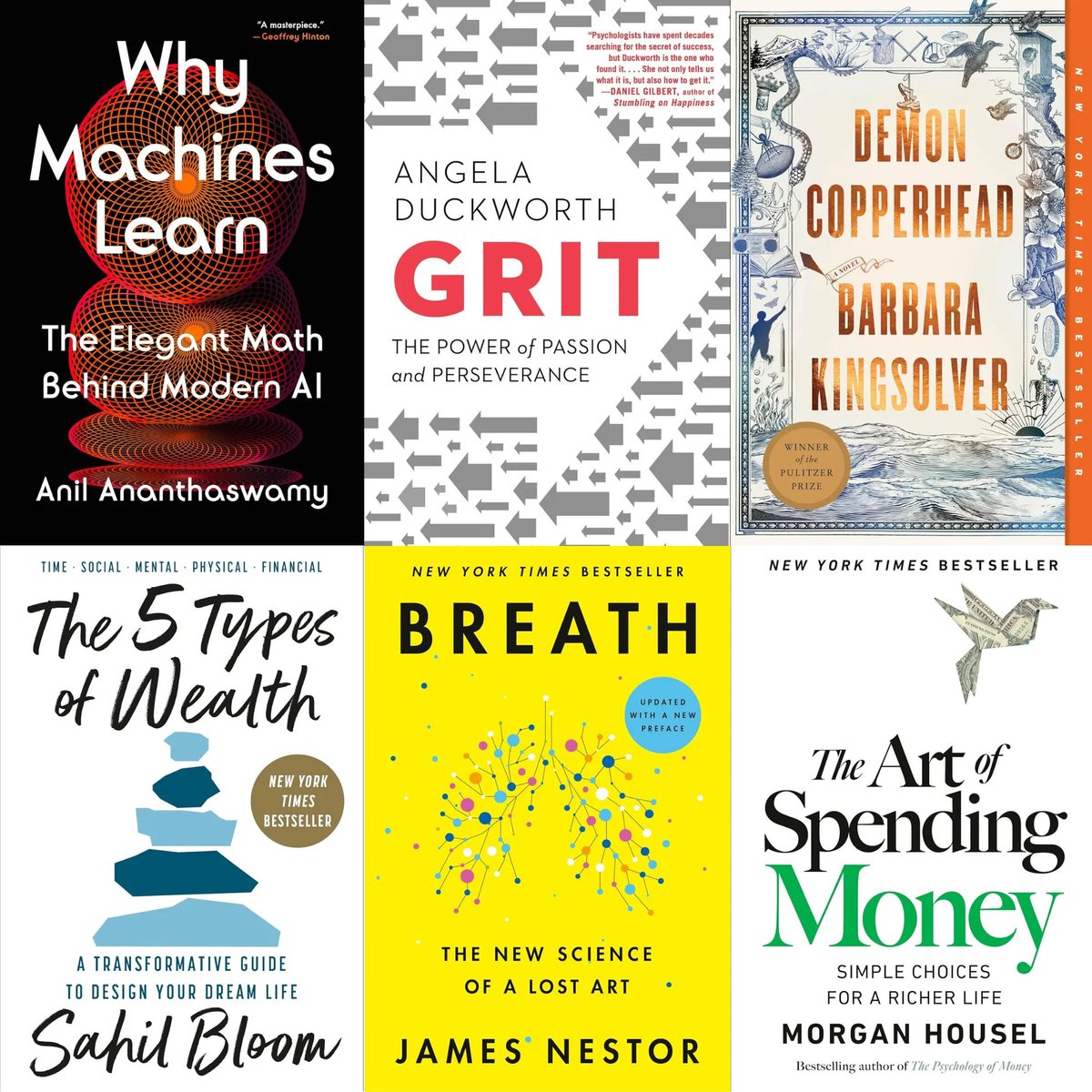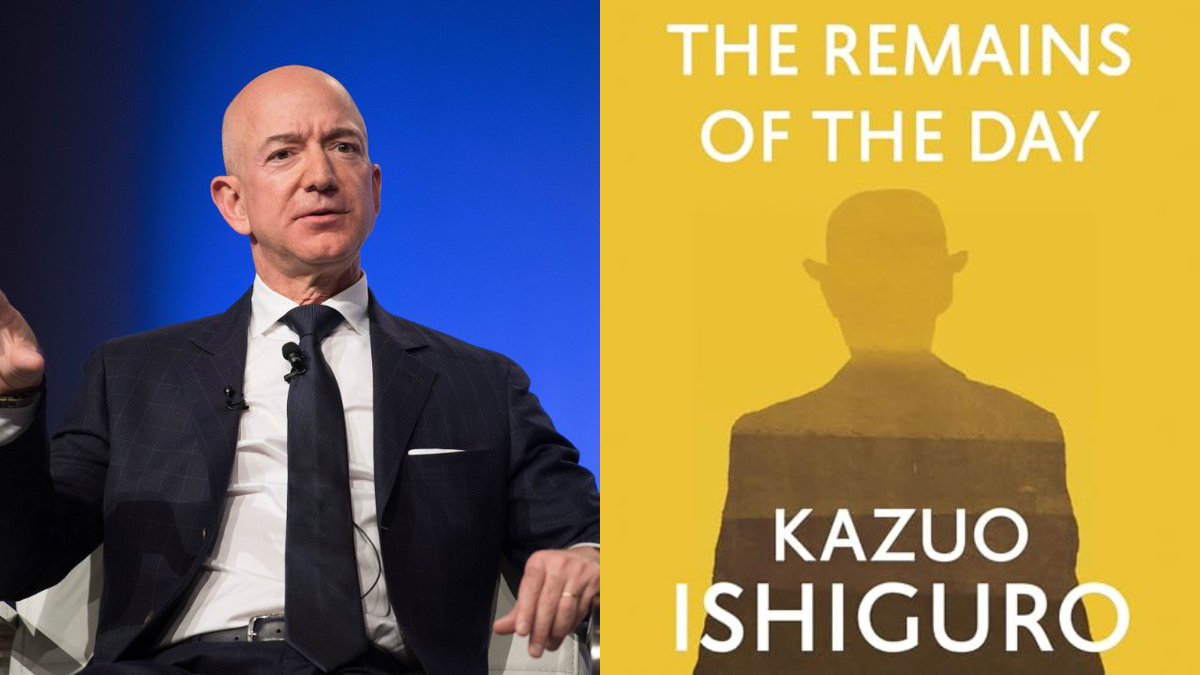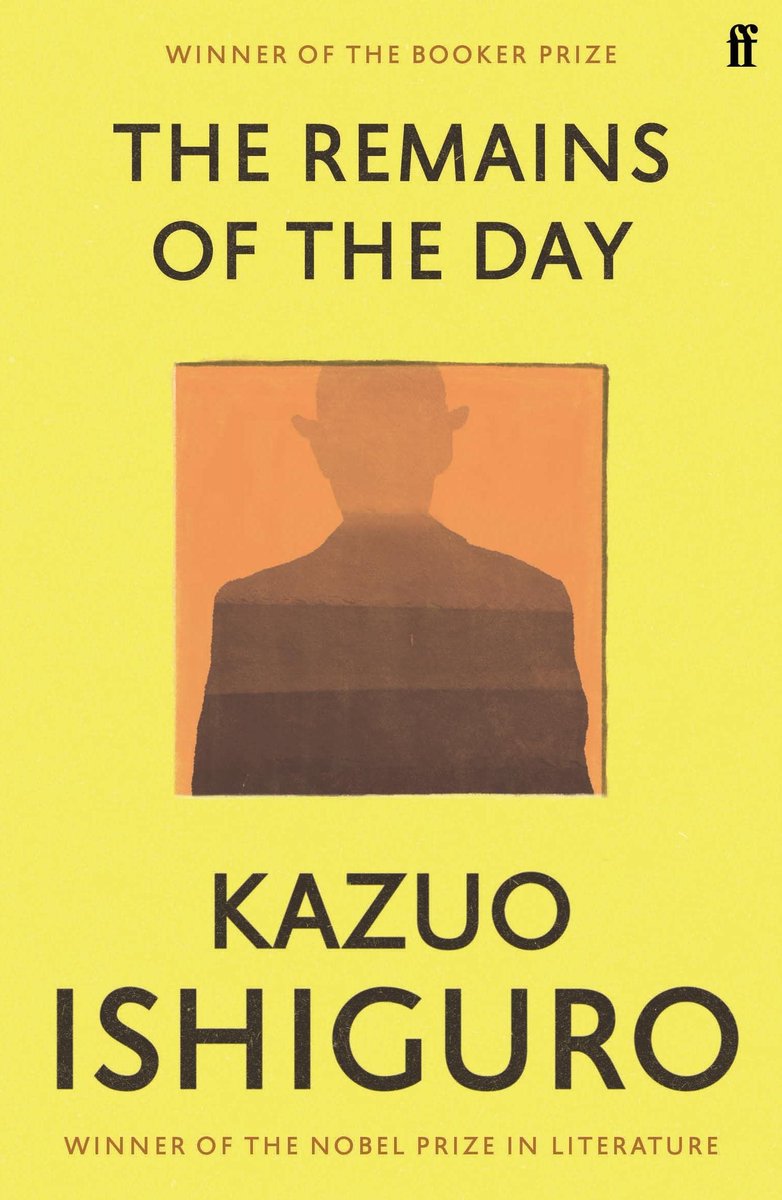How to generate 100 ideas to write about in 30 minutes - even if you think you have nothing to say (THREAD):
My promise is to solve all 3 of these problems by the end of this thread:
1. You're not sure what topics to write about
2. You're not sure how to find the topics you're credible enough to write about
3. You're not sure how to come up with engaging ideas about those topics
1. You're not sure what topics to write about
2. You're not sure how to find the topics you're credible enough to write about
3. You're not sure how to come up with engaging ideas about those topics
1 rule before we dive in:
During this exercise, do not let yourself start judging the quality of your ideas.
The goal here is to generate a ton of raw materials, knowing you won't write about 90% of them.
BUT - you will emerge with crystal clear clarity.
Let's go:
During this exercise, do not let yourself start judging the quality of your ideas.
The goal here is to generate a ton of raw materials, knowing you won't write about 90% of them.
BUT - you will emerge with crystal clear clarity.
Let's go:
Quick overview of The Endless Idea Generator:
Step 1. Use the 2-Year Test to find your topic ideas
Step 2. Add specificity to match your credibility
Step 3. Use the 4A Framework + proven approaches to generate ideas
Step 4. Choose 3 ideas to write about over the next 3 days
Step 1. Use the 2-Year Test to find your topic ideas
Step 2. Add specificity to match your credibility
Step 3. Use the 4A Framework + proven approaches to generate ideas
Step 4. Choose 3 ideas to write about over the next 3 days
Step 1: The 2-Year Test
Finding the general topics you want to write about starts with asking yourself 1 simple question:
"What are all of the problems I've solved and topics I've learned about over the last 2 years?"
Why 2 years?
Good question:
Finding the general topics you want to write about starts with asking yourself 1 simple question:
"What are all of the problems I've solved and topics I've learned about over the last 2 years?"
Why 2 years?
Good question:
One of the biggest mistakes beginner writers make is thinking they have to be an "expert" to write about something.
But this is wrong.
The truth is, people don't want to learn from experts.
They prefer to learn from those just a few steps ahead of them on the same path.
But this is wrong.
The truth is, people don't want to learn from experts.
They prefer to learn from those just a few steps ahead of them on the same path.
And once you realize this, it's a huge creative unlock.
So answer the question and brain dump every problem you've solved and topic you've learned in the last 2 years.
Get them all out there with no judgment.
I did this exercise last week and here was my list:
So answer the question and brain dump every problem you've solved and topic you've learned in the last 2 years.
Get them all out there with no judgment.
I did this exercise last week and here was my list:

Now you have a long list of topics.
Turns out you have plenty to write about!
From here, you are going to narrow it down to 3 buckets.
To do this, listen for internal resonance.
Which topics jumped off the page right when you wrote them down?
Lean into those and latch on.
Turns out you have plenty to write about!
From here, you are going to narrow it down to 3 buckets.
To do this, listen for internal resonance.
Which topics jumped off the page right when you wrote them down?
Lean into those and latch on.
To keep the example going, I emerged with 3 buckets:
• How to build a writing habit
• All things journaling and asking high-quality questions
• General golden nugget growth frameworks
You should have your 3 buckets as well.
Now, onto Step 2: Adding specificity
• How to build a writing habit
• All things journaling and asking high-quality questions
• General golden nugget growth frameworks
You should have your 3 buckets as well.
Now, onto Step 2: Adding specificity
Remember how I said you don't have to be an expert?
That was only half-true.
You do need to be an expert in a topic to write about it - but you simply need to tweak the topic by adding specificity to match your level of credibility.
Here's what I mean:
That was only half-true.
You do need to be an expert in a topic to write about it - but you simply need to tweak the topic by adding specificity to match your level of credibility.
Here's what I mean:
Recall the 2-year Test. These are all of the problems you've solved in the last 2 years.
Now, you're going to take your topics and add a level of specificity that makes the audience you're writing to *the same person you were 2 years ago before you solved the problem*
Now, you're going to take your topics and add a level of specificity that makes the audience you're writing to *the same person you were 2 years ago before you solved the problem*
Pause for a second and stare at that, it's important.
You are adding a level of specificity to your topic that makes your target audience the person you were 2 years ago.
An example will help drive this home - here's how my 3 topics evolved:
You are adding a level of specificity to your topic that makes your target audience the person you were 2 years ago.
An example will help drive this home - here's how my 3 topics evolved:
1. How to build a writing habit for complete beginner writers
2. Journaling for ambitious entrepreneurs who aren't yet journaling but know they should be
3. General golden nuggets of wisdom for ambitious 20-somethings who are interested in personal growth
2. Journaling for ambitious entrepreneurs who aren't yet journaling but know they should be
3. General golden nuggets of wisdom for ambitious 20-somethings who are interested in personal growth
Can you see how I cut out a *huge* number of people with my additions of specificity?
That's the point.
This helps me generate ideas *specifically* to solve the problems of my target audience.
Here's how to get specific:
That's the point.
This helps me generate ideas *specifically* to solve the problems of my target audience.
Here's how to get specific:
You can add specificity in a number of ways
• Age
• Profession
• Background
• Gender
• Level of experience
I encourage you to dial these up and down until you feel *uncomfortably specific*, then add one more level.
That's when you know you've gotten specific enough.
• Age
• Profession
• Background
• Gender
• Level of experience
I encourage you to dial these up and down until you feel *uncomfortably specific*, then add one more level.
That's when you know you've gotten specific enough.
Here's where the real fun begins.
Step 3: Using the 4A Framework to write headlines
You can express each of your topics in 4 ways:
• Actionable (here's how)
• Analytics (here are the numbers)
• Aspirational (yes, you can)
• Anthropological (here's why)
Step 3: Using the 4A Framework to write headlines
You can express each of your topics in 4 ways:
• Actionable (here's how)
• Analytics (here are the numbers)
• Aspirational (yes, you can)
• Anthropological (here's why)
Actionable:
These are actionable, implemental pieces of content.
The reader should gain some new insight or instruction they didn't have beforehand.
• Tips
• Hacks
• Resources
• Ultimate guides
Take your core idea and help the reader put it into practice.
These are actionable, implemental pieces of content.
The reader should gain some new insight or instruction they didn't have beforehand.
• Tips
• Hacks
• Resources
• Ultimate guides
Take your core idea and help the reader put it into practice.
Analytical:
These are breakdowns involving numbers, frameworks, and processes.
Take your core idea and support it with numbers and analysis.
• Industry trends
• Surprising numbers
• Why your idea works
Help the reader unlock a new way of thinking.
These are breakdowns involving numbers, frameworks, and processes.
Take your core idea and support it with numbers and analysis.
• Industry trends
• Surprising numbers
• Why your idea works
Help the reader unlock a new way of thinking.
Aspirational:
These are stories of how you or others put your core idea into practice.
• Lessons
• Mistakes
• Reflections
• Underrated traits
• How to get started
Help the reader understand the benefits they unlock when they see the world through this new lens.
These are stories of how you or others put your core idea into practice.
• Lessons
• Mistakes
• Reflections
• Underrated traits
• How to get started
Help the reader understand the benefits they unlock when they see the world through this new lens.
Anthropological:
These are things that speak to universal human nature.
• Fears
• Failures
• Struggles
• Why others are wrong
• How you've been misled
Create a sense of urgency for the reader to fully embrace your core idea or be forever left behind.
These are things that speak to universal human nature.
• Fears
• Failures
• Struggles
• Why others are wrong
• How you've been misled
Create a sense of urgency for the reader to fully embrace your core idea or be forever left behind.
As you can see, I had quite a few ideas here - 24 to be exact (just for this first bucket, and I repeated this for all 3 buckets I generated which brought me over 100)
Now this brings us to the final step: choosing 3 ideas.
Now this brings us to the final step: choosing 3 ideas.

You're sitting there with a ton of ideas on the page - and now you have the problem of potentially *too many* ideas to write about - which is better than having nothing to write about.
But many writers will fall into the analysis paralysis trap here.
Here's how to overcome it:
But many writers will fall into the analysis paralysis trap here.
Here's how to overcome it:
Pick 3 ideas. That's it.
Your next 3 days of content.
The 3 ideas that most resonated with you from that list.
And that's all you're allowed to take away from these ideas (for now)
Because here's what's going to happen:
Your next 3 days of content.
The 3 ideas that most resonated with you from that list.
And that's all you're allowed to take away from these ideas (for now)
Because here's what's going to happen:
Because here's what's going to happen. When you start writing about your first idea (that idea that jumped right off the page), it's going to feel effortless.
And in the process of writing, more ideas are going to jump into your head.
And in the process of writing, more ideas are going to jump into your head.
When you hit publish on this idea, the market feedback is going to generate even more ideas (if you're paying attention to the questions, critiques, engagement, resonance, etc.)
This is the main point of the EIG - to get you *started* writing about ideas that resonate with you.
This is the main point of the EIG - to get you *started* writing about ideas that resonate with you.
And once you're getting them out there consistently, it will be dead obvious what you should write about next.
So take your 3 ideas and get going! The rest will take care of itself.
So take your 3 ideas and get going! The rest will take care of itself.
Alrighty - that ended up being a long thread!
If you found this framework useful, there are dozens more just like it inside this free 13,000-word Ultimate Guide:
(Going to put this behind a paywall in a few days)
startwritingonline.com
If you found this framework useful, there are dozens more just like it inside this free 13,000-word Ultimate Guide:
(Going to put this behind a paywall in a few days)
startwritingonline.com
So did I keep my promise?
Once you do this exercise you should have:
• A narrowed list of topics you are confident to write about
• Hundreds of potential ideas
• Clarity for the next 3 days
Now jump back to the top and bookmark it for later:
Once you do this exercise you should have:
• A narrowed list of topics you are confident to write about
• Hundreds of potential ideas
• Clarity for the next 3 days
Now jump back to the top and bookmark it for later:
https://x.com/dickiebush/status/1483610267896459264?s=20
In summary:
• Start with a massive 2-year test brain dump
• Grab the 2-3 buckets that resonated most with you
• Tailor the specificity to match your level of credibility
• Use the 4A framework to generate ideas
• Pick 3 ideas, then get going and iterate from there
• Start with a massive 2-year test brain dump
• Grab the 2-3 buckets that resonated most with you
• Tailor the specificity to match your level of credibility
• Use the 4A framework to generate ideas
• Pick 3 ideas, then get going and iterate from there
By the way, this was a sneak peek of the many frameworks we share onboard Ship 30 for 30.
March enrollment will close when he hit capacity (which could be as soon as next week):
ship30for30.com
March enrollment will close when he hit capacity (which could be as soon as next week):
ship30for30.com
Thanks to @hugh_dawkins for creating a Notion template for using this framework!
hughdawkinsfocal.notion.site/The-Endless-Id…
hughdawkinsfocal.notion.site/The-Endless-Id…
• • •
Missing some Tweet in this thread? You can try to
force a refresh











